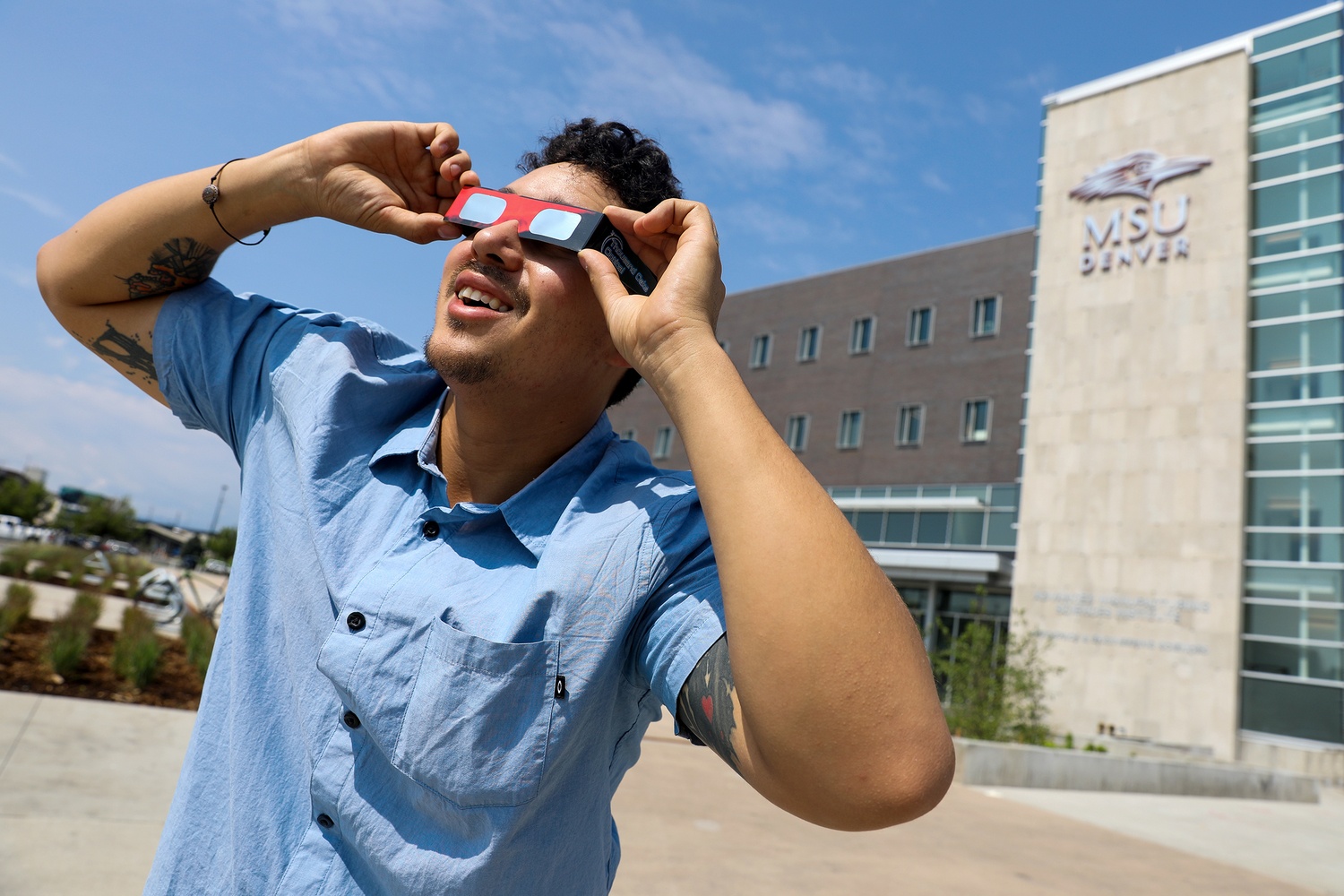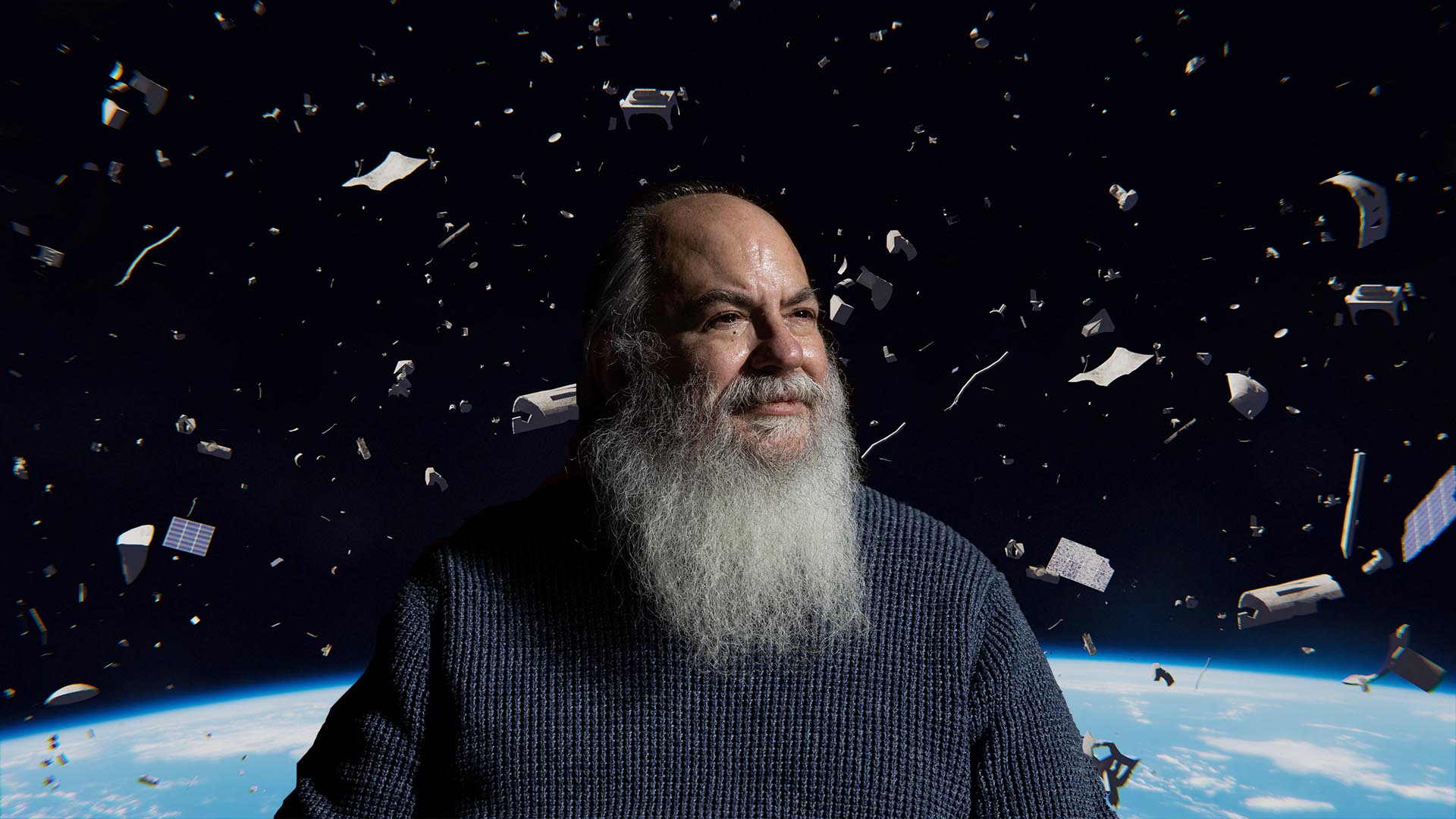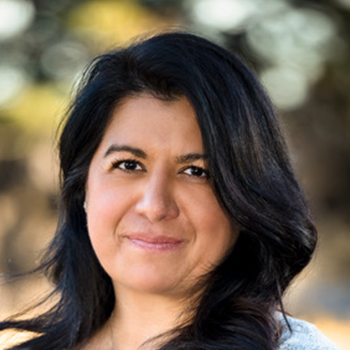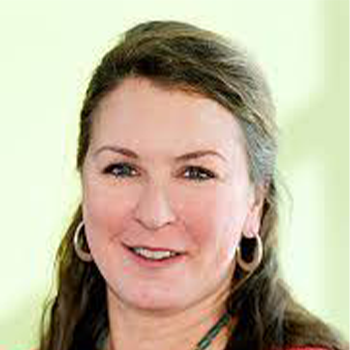Something new under the sun
As solar-eclipse fever is sweeping the nation, here's a look at why it’s a big deal now – and why it has been for millennia.

Unless you’ve been living under a (space) rock, you’ve probably heard about the upcoming total solar eclipse by now. Stories about where it will happen, amateur photography tips and even the emerging black market for “fake” eclipse glasses are seemingly everywhere.
“It’s one of the most amazing semi-regular events that nature has to offer,” said Grant Denn, professor of physics. “We can predict what’s going to happen down to the millisecond; this is a great opportunity to view it.”
As opposed to a lunar eclipse – where the moon passes directly into the Earth’s shadow and can be observed broadly – the upcoming solar eclipse has a finite path of where the moon’s shadow, or umbra, will appear to completely block out the sun.

This path is called a totality. And although Denver isn’t directly in the zone of totality, more than 92 percent of our home star will be blocked at about 11:47 a.m. on Aug. 21.
Not only is it the first occurrence of a total solar eclipse in the continental U.S. since 1979, it’s the first with coast-to-coast visibility since June 8, 1918. And as Denn noted, it’s an experience that invokes fascination, giving rise to devotees and a cottage industry of eclipse tourism.
“One of the reasons I went into astronomy was to study the cosmic aspects of the universe,” Denn said. “Those who have seen [a total solar eclipse] often become addicted.”
So, what is it about this phenomenon that captivates our imagination?

“If there’s one thing that’s central to human life, it’s the sun,” said David Piacenti, associate professor of sociology. “And when it’s blocked out in an event like an eclipse, it will necessarily coincide with events both good or bad in some person, or some society’s life, resulting in the eclipse’s symbolic significance to endure across time and place.”
Civilizations have interpreted and related to the event throughout history in different ways. Greek historian Herodotus recounted how it ended an ancient battle, while the Maya accurately foretold eclipses centuries in the future.
Piacenti said it’s important to remember that the ways we’ve related to these events in the past are still significant today. He pointed to the work of French anthropologist Claude Lévi-Strauss, who looked at the common use of mythos or storytelling to explain and understand the world around us, and how much of human history is about trying to understand and deal with existential unpredictability.
Or as Piacenti put it, it’s like singing the same song, just in a different key.
“If you were sitting at home and all of a sudden the lights went out, what would you think?” he asked.
The disruption to natural order immediately triggers a logical thought process that is as old as humanity itself. And whether it’s an electrical grid failing or the sun disappearing for several minutes, we’re naturally connected to this rare occurrence.
“Rather than a misunderstood phenomenon or thought of as unscientific, an eclipse is an infrequent regular event that is part of a cultural consciousness across the years,” Piacenti added.
“In that way, it’s nothing new – under the sun.”

Going to be on the Auraria Campus Aug. 21?
There’s a Welcome Week eclipse watch party beginning at 11:30 a.m. on the Tivoli Quad. MSU Denver Student Activities will provide free eclipse glasses on a first-come, first-served basis.







